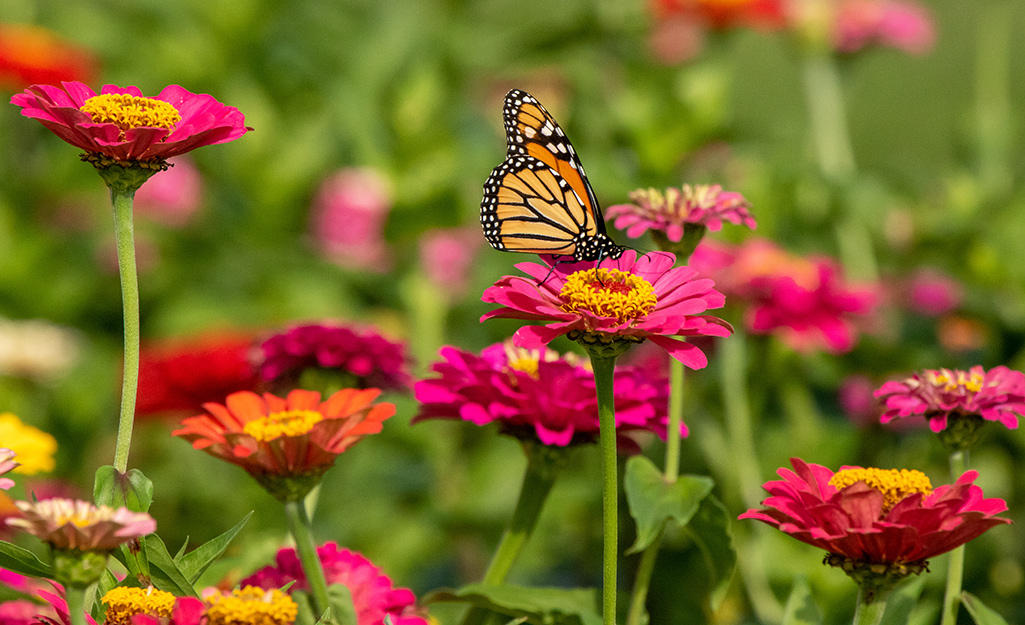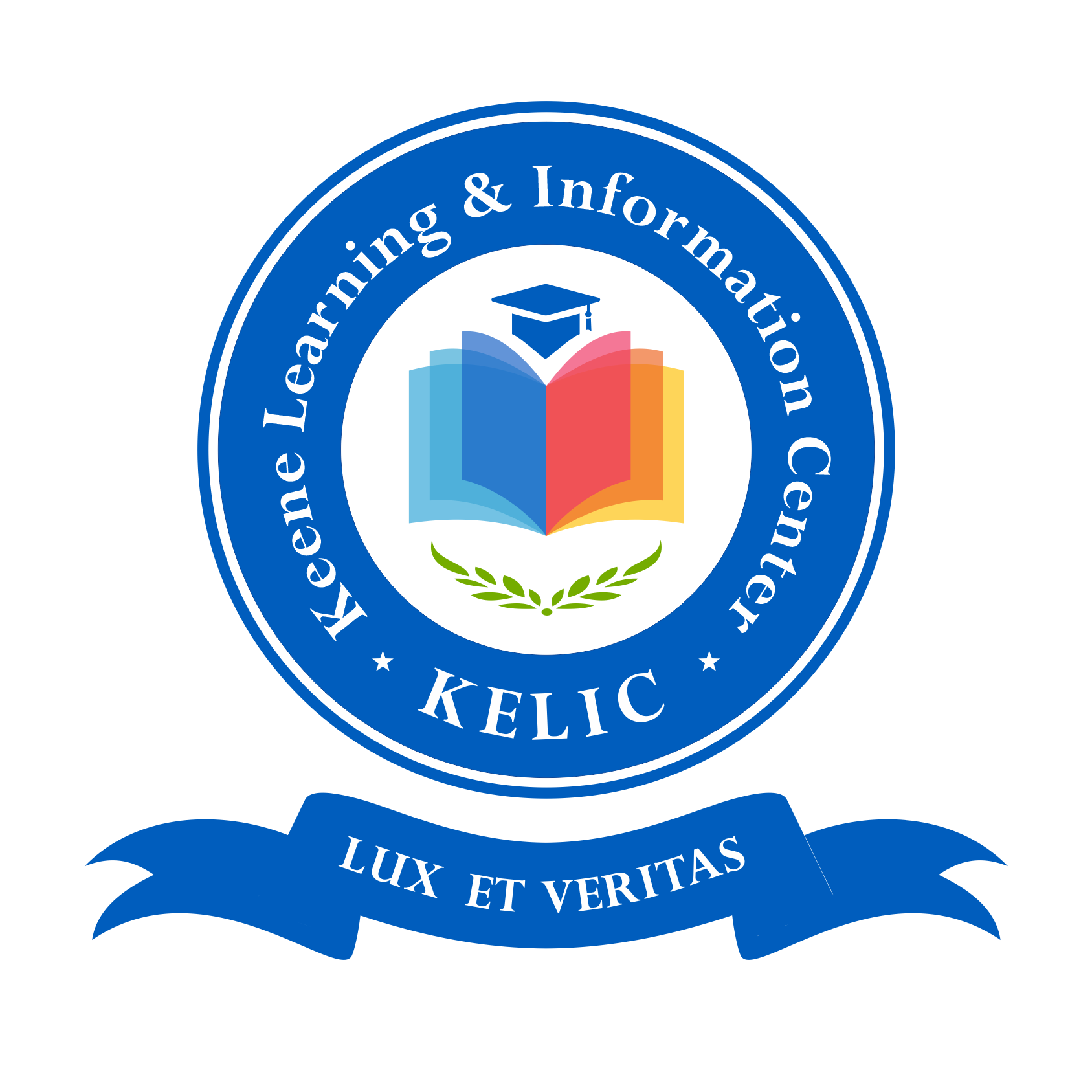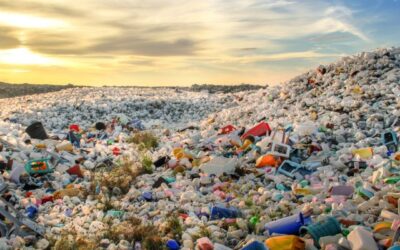
The words of Nathaniel Branden “The first step toward change is awareness” holds true for this fight against the triple planetary crisis – climate change crisis, pollution and biodiversity loss – as ignorance seems to be detrimental. Unaware individuals are less likely to mitigate and adapt to climate change or even adopt sustainable practices. The absence of an in-depth curriculum on the triple planetary crisis – climate crisis, pollution and biodiversity loss – its impact, and our role in mitigating it in most Nigerian schools further emphasizes the need for action.
To bridge this gap, we are transforming underutilized public school spaces into Butterfly Gardens and creating Environmental Clubs. We are building bridges, not just between flowers and butterflies, but between people and our planet. Research has shown that environmental education thrives when it takes place in a natural environment. It further revealed that immersing learners in nature’s classroom cultivates deeper understanding, sparks creative problem-solving, and cultivates a sense of responsibility towards our planet. By developing educational materials and programs that link the garden to broader environmental issues, we empower students to become informed and active citizens. This promotes environmental awareness, instills a sense of responsibility, and empowers the next generation to make informed decisions that contribute to a sustainable future.
Our goal is to spark curiosity in young minds by encouraging them to ask questions and seek answers while also developing an understanding of the problems facing the planet. Bringing about a generation empowered to make a difference, armed with knowledge, passion, and the unwavering belief that even the smallest actions can create the biggest change.
When children learn eco-friendly practices and climate action they are likely to influence their friends and families to adopt sustainable practices. Essentially, our strategy strengthens the global effort to combat climate change by not just educating but also ensuring the impact goes beyond the initial participants. Ultimately, this establishes a sense of shared responsibility amongst various age groups, and act as a bridge for intergenerational participation as the next generation are empowered through education and awareness to care for the environment.


0 Comments